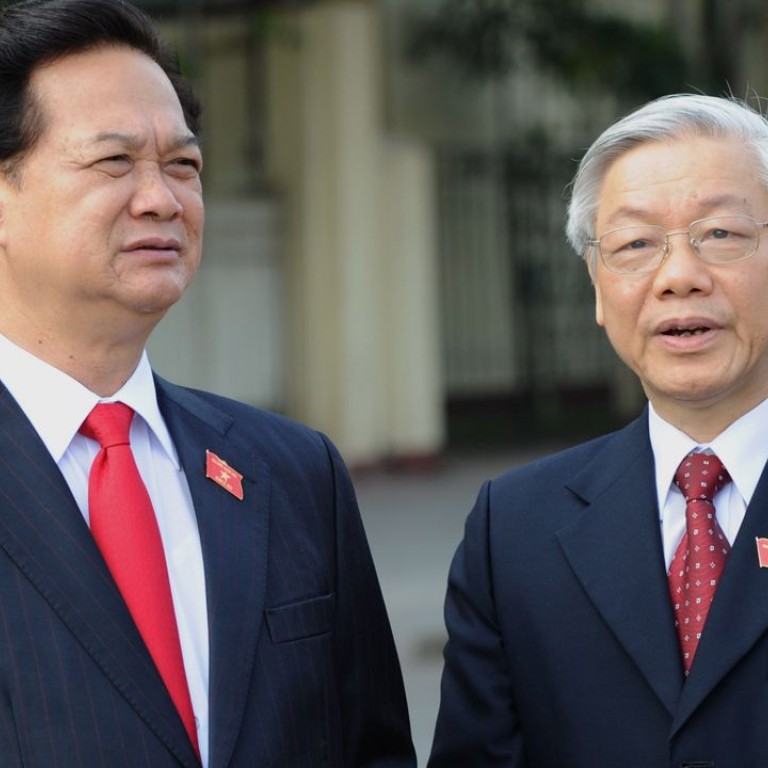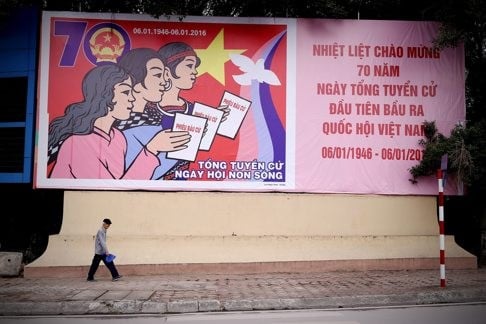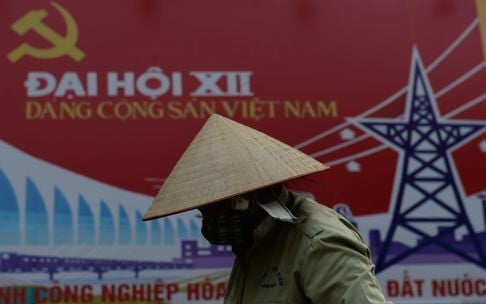
Vietnam’s ‘stormy’ leadership tussle bares nation’s conflict over liberalism and taking a hardline over South China Sea dispute, analysts say
Vietnam has postponed an important Communist Party meeting that will elect the country’s new leadership as disagreement on who should take up the baton as the new party chief intensifies.
The 12th Party Congress, a five-yearly congregation of party elites to discuss important policies and elect key party positions, was meant to convene this week but has been postponed until January 20, sources said. The struggle to select the next party helmsman, analysts said, highlighted a bigger dilemma as the one-party state faces an increasingly difficult to manage economy and an aggressive neighbour, China – whether to stay put or to pursue further reforms.
READ MORE: Vietnam warns Beijing over air safety threat after unannounced flights in South China Sea amid territorial dispute
The Party announced the decision in late December after a Party Plenum by the Central Committee, a paramount decision making body, appeared to have failed to iron out the wrinkles. Many had expected the plenum to last for about four days, but in the end it took eight.
[This] suggests the business of the plenum was quite stormy now
“[This] suggests the business of the plenum was quite stormy now,” said David Brown, a Vietnam observer and a former American diplomat that was posted in the country.
Brown said a few more preparatory meetings would need to take place for the party’s Central Committee to boil things down before going into the Party Congress.
The biggest sticking point, according to Alexander Vuving, a Vietnam expert and professor at Daniel K Inouye Asia-Pacific Centre for Security Studies in Honolulu, was the choice of the next party general secretary.

READ MORE: Beijing rejects Vietnam protest over South China Sea landing
“Even Dung himself doesn’t know whether he will be the next party General Secretary,” Vuving said.
At the party congress, the Central Committee will elect a new Politburo and party general secretary, which will later on appoint new leaders in the government.
Vuving said the intense debate over who should lead the party had also marred previous transitions. “It’s a sign of Vietnamese politics after the Cold War,” he said.

But analysts said the party now faced a crucial juncture and must reform as three decades of economic reforms have sowed deep-rooted problems that could hamper further economic development while protecting the country’s interests against China’s aggression in the South China Sea would require a more effective leadership.
